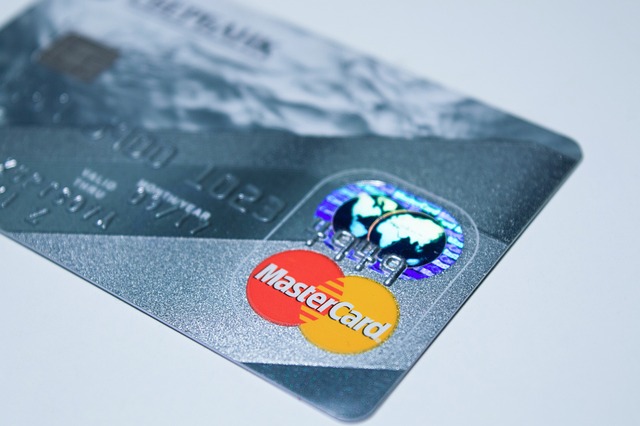Understanding Bank Accounts: A Comprehensive Guide to Financial Management
A bank account serves as the foundation of personal financial management, offering a secure way to store money while providing access to various banking services. Whether you're looking to save money, manage daily expenses, or build a financial future, choosing the right type of bank account is crucial for achieving your financial goals.

Essential Features of Modern Bank Accounts
Today’s bank accounts come with various digital banking features, including mobile check deposits, online bill pay, and instant transfer capabilities. Most accounts also offer overdraft protection, fraud monitoring, and 24/7 customer service. Additional features may include ATM fee reimbursement, budgeting tools, and financial planning resources.
Understanding Bank Account Fees and Charges
| Account Type | Common Monthly Fees | Minimum Balance Requirements | Overdraft Fees |
|---|---|---|---|
| Basic Checking | $5-15 | $0-500 | $25-35 |
| Premium Checking | $12-25 | $1,500-5,000 | $25-35 |
| Savings Account | $0-10 | $100-500 | N/A |
| Student Account | $0 | $0-25 | $25-35 |
Prices, rates, or cost estimates mentioned in this article are based on the latest available information but may change over time. Independent research is advised before making financial decisions.
Security Features and Protection
Modern bank accounts include multiple security layers, such as EMV chip technology, two-factor authentication, and real-time fraud monitoring. Federal deposit insurance through FDIC or NCUA protects account holders up to $250,000 per depositor, per institution, ensuring your money remains safe even if the bank fails.
Choosing the Right Bank Account
Consider factors like monthly maintenance fees, minimum balance requirements, ATM network access, and online banking capabilities when selecting an account. Location convenience, customer service quality, and additional banking services should also factor into your decision. Some banks offer relationship benefits for maintaining multiple accounts or higher balances.
Digital Banking Integration
Mobile banking apps and online platforms have revolutionized account management, allowing customers to handle most banking needs remotely. Features like mobile check deposit, peer-to-peer payments, and automatic bill pay make managing finances more convenient than ever. Digital statements and transaction monitoring help track spending and maintain security.
Traditional banks continue to evolve their digital offerings, while online-only banks often provide competitive interest rates and lower fees due to reduced overhead costs. Consider your comfort level with technology and need for in-person services when choosing between traditional and online banking options.






